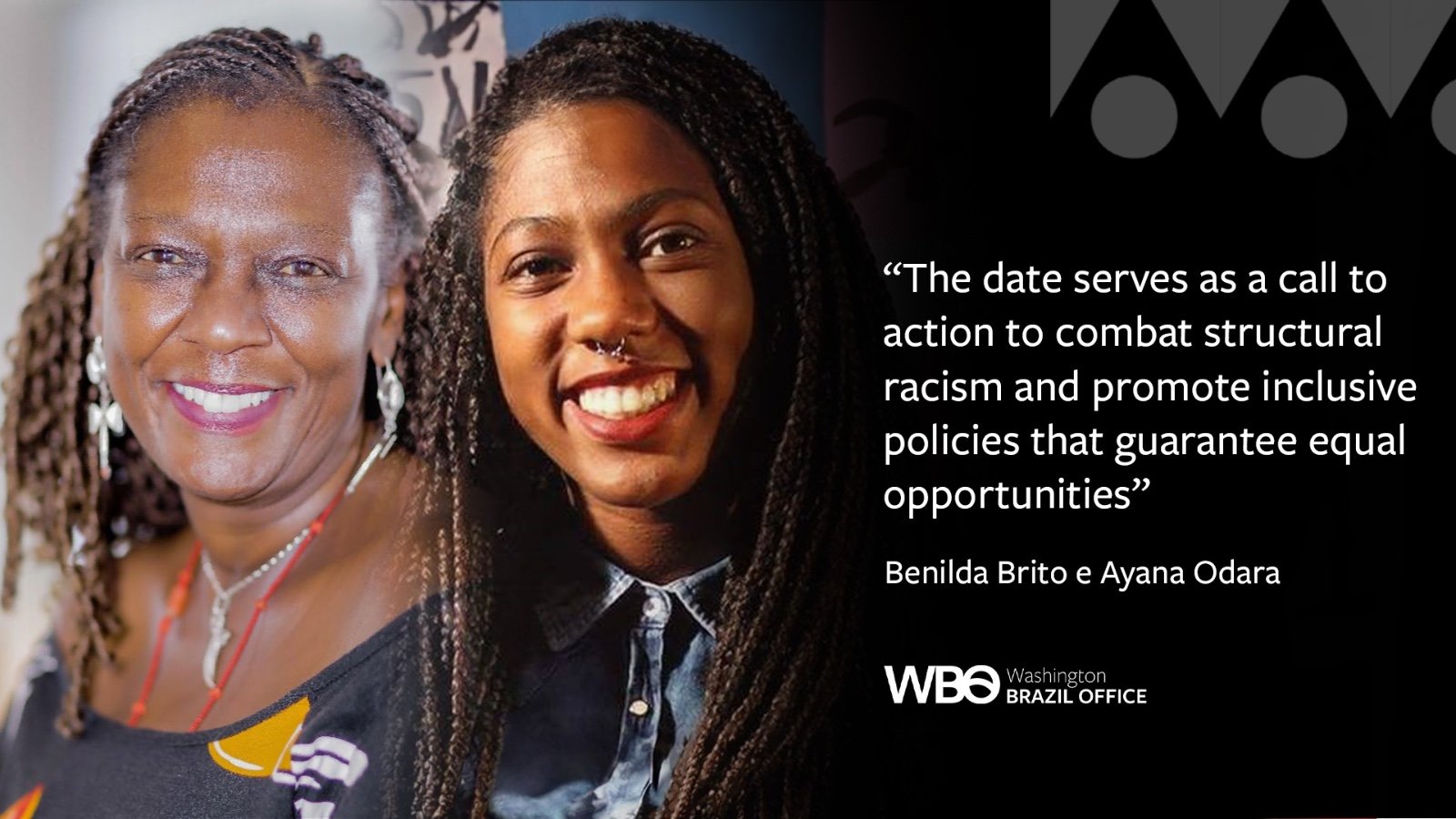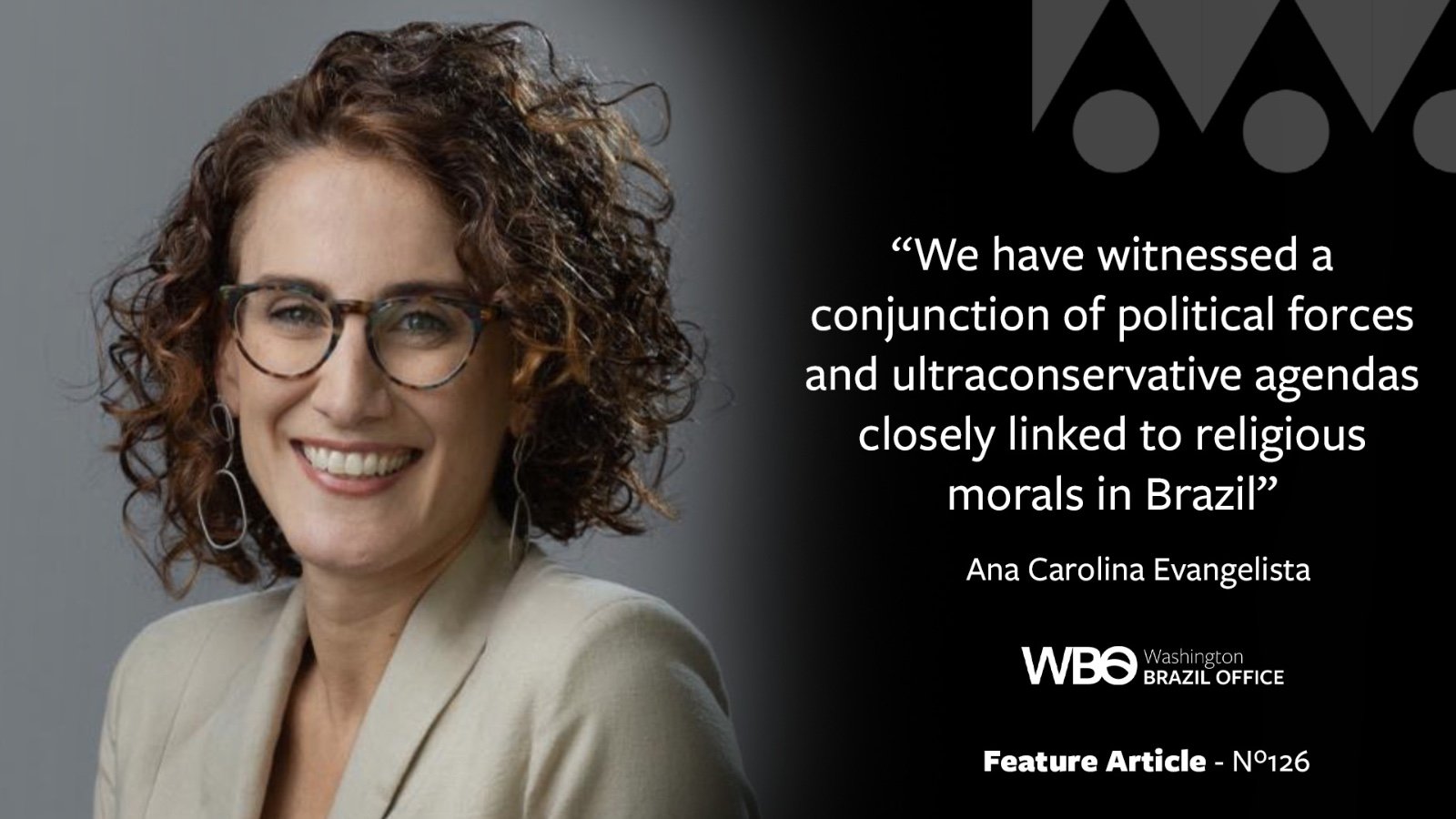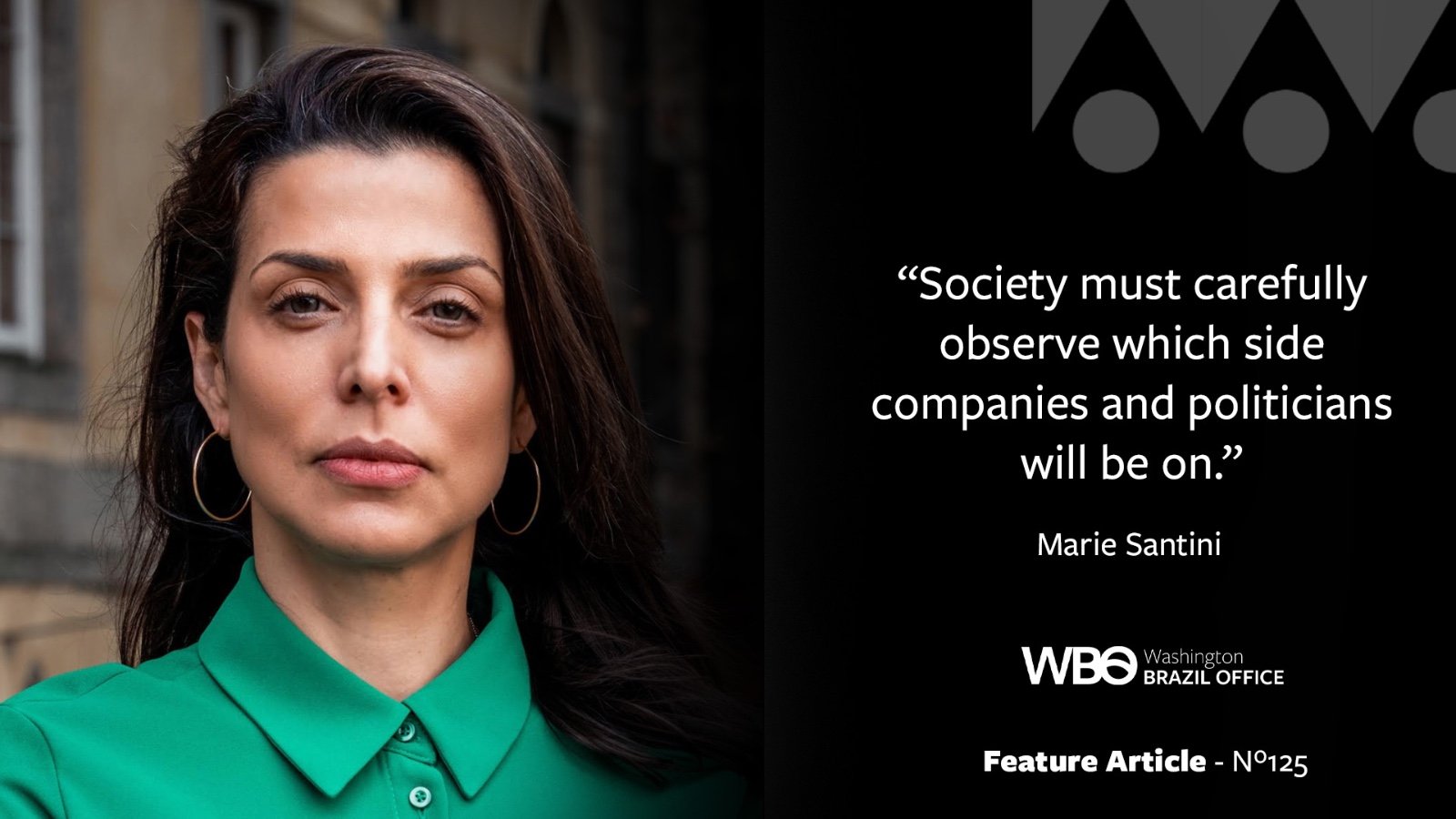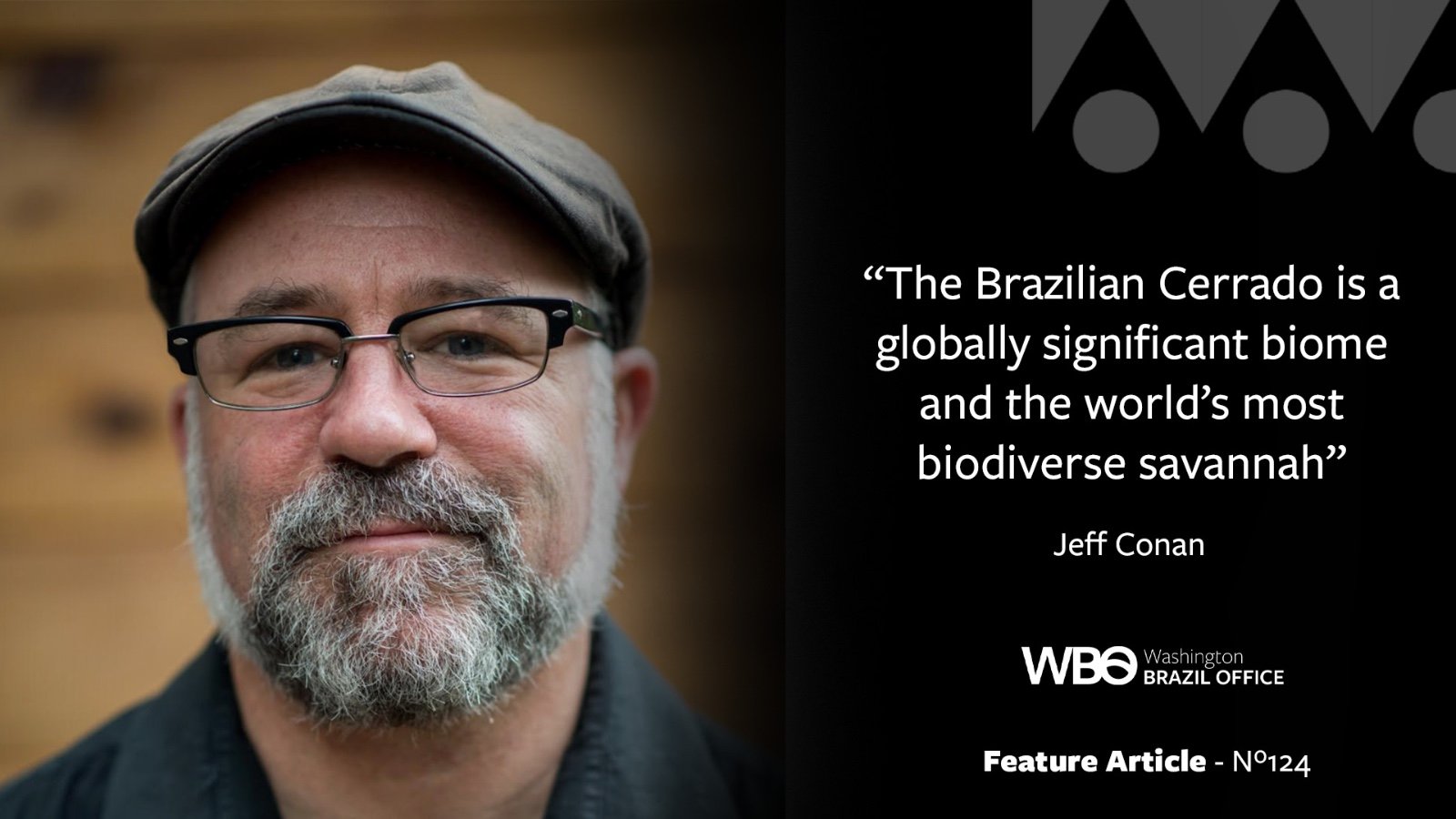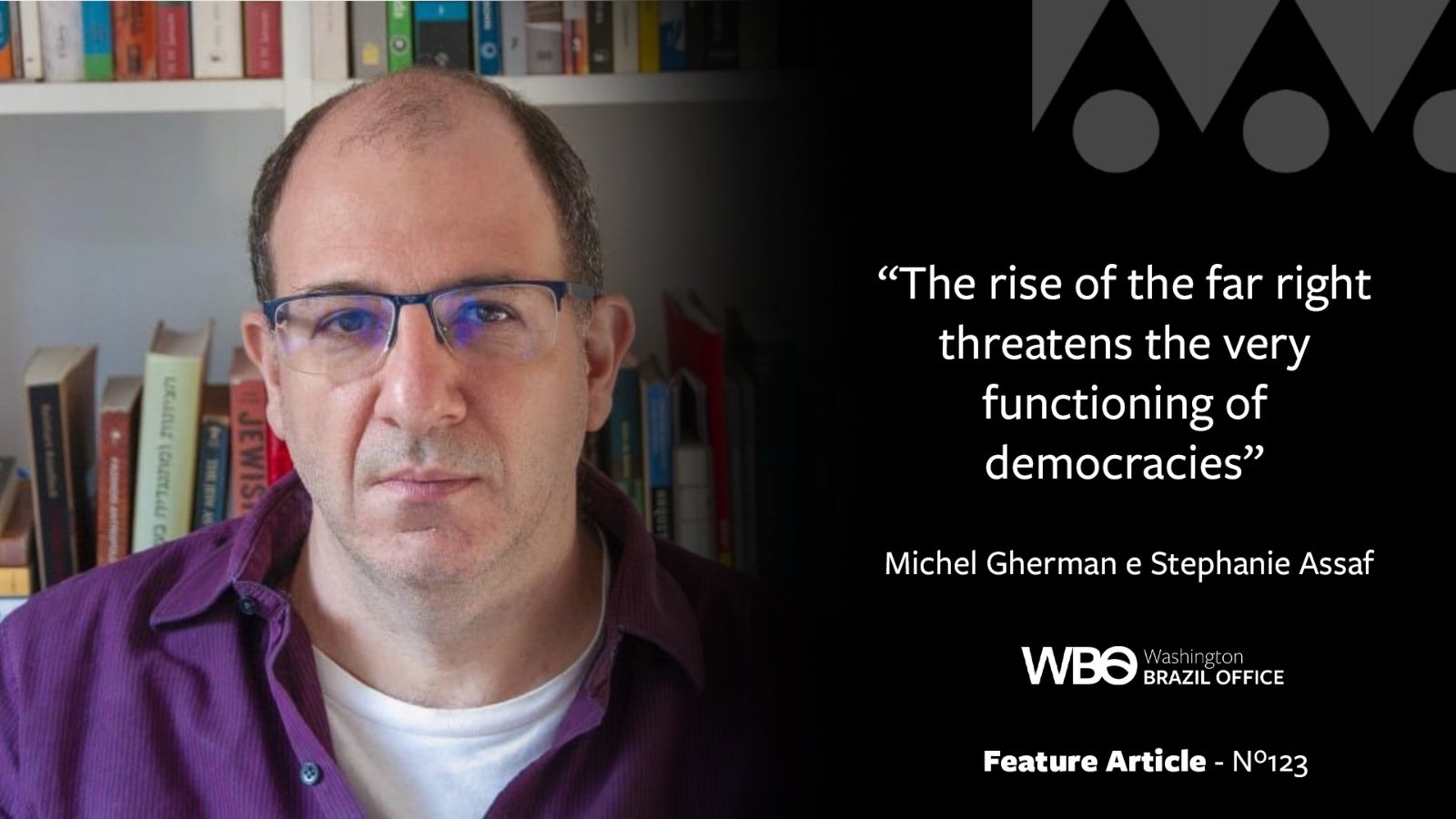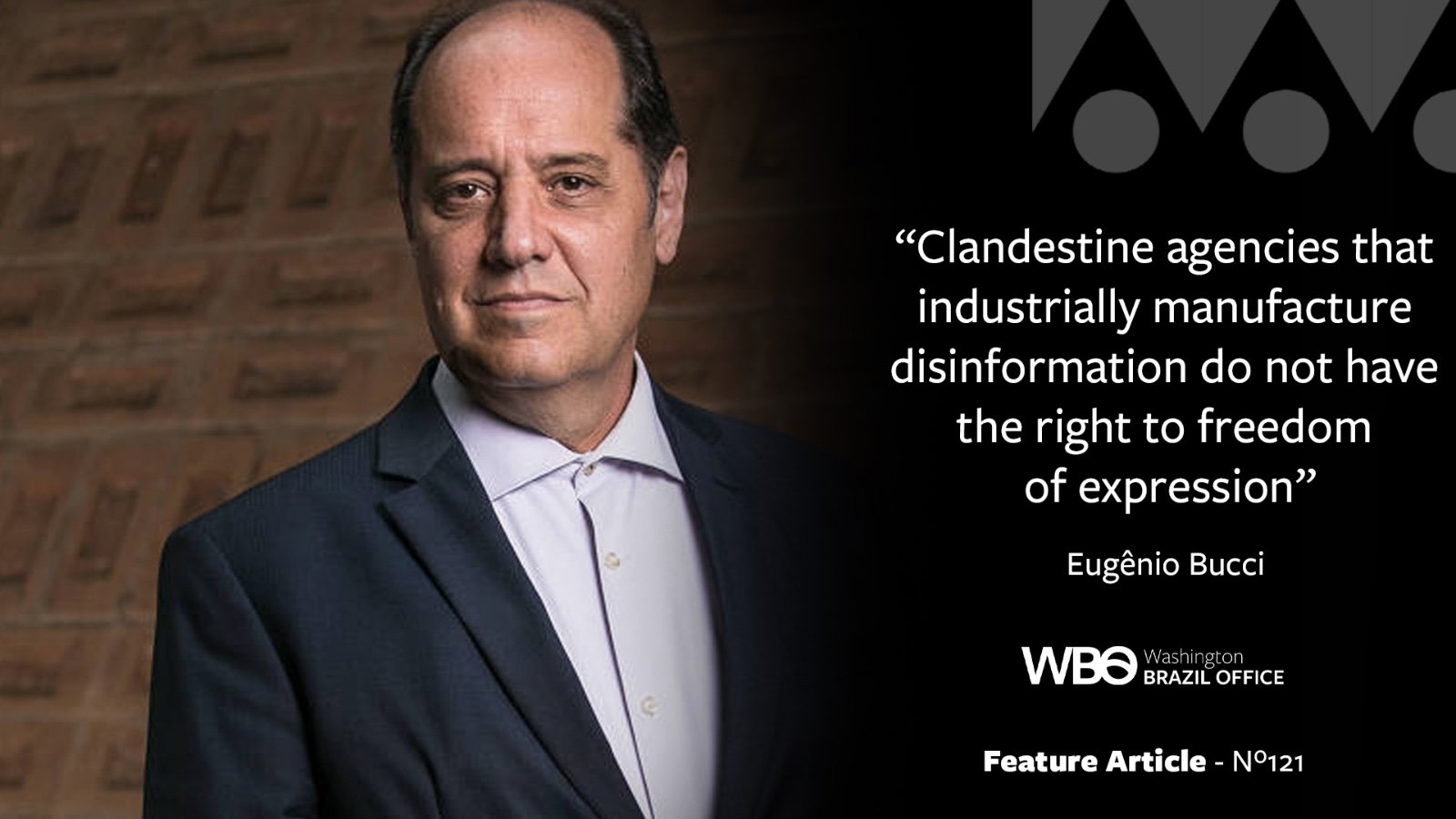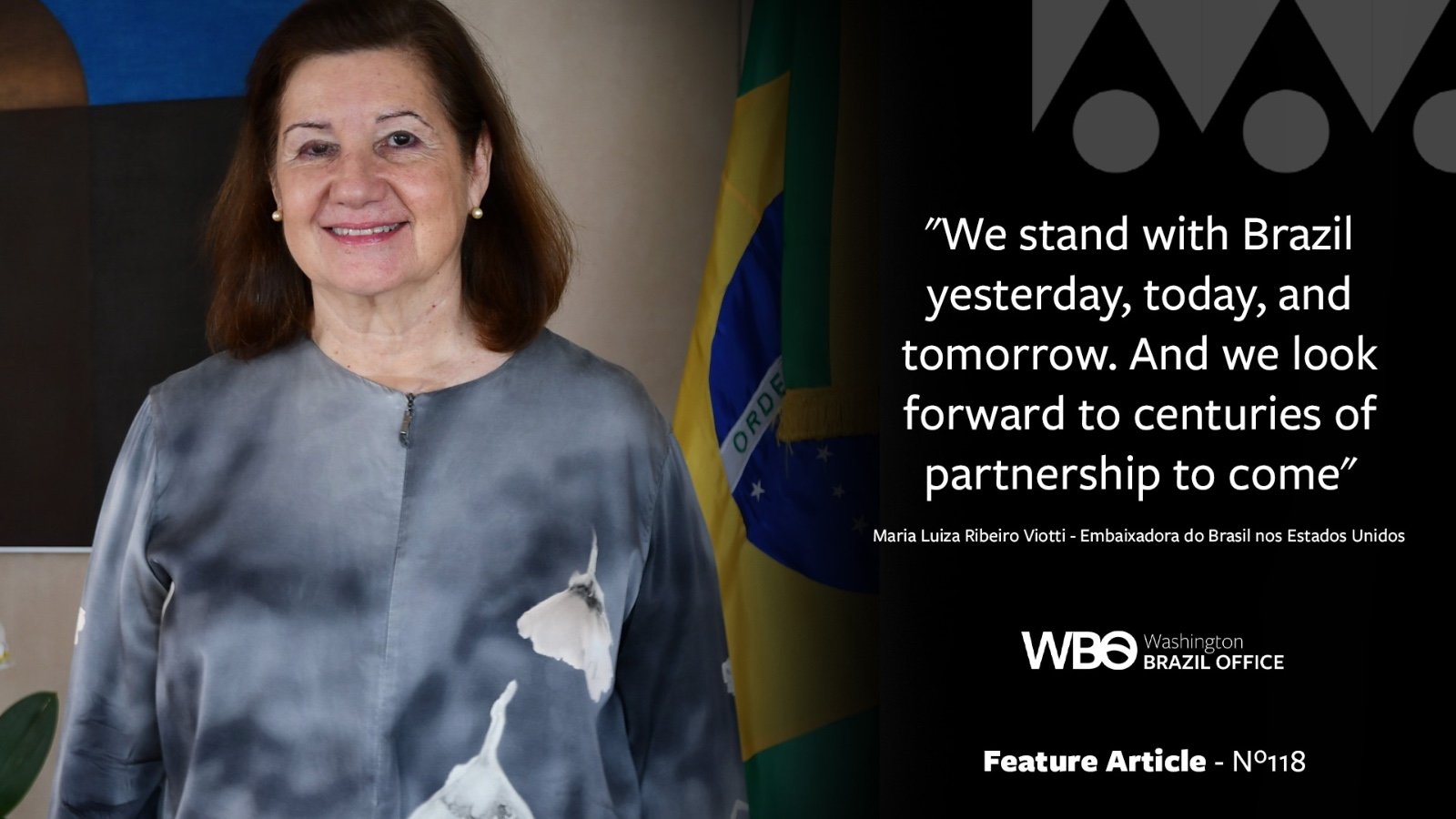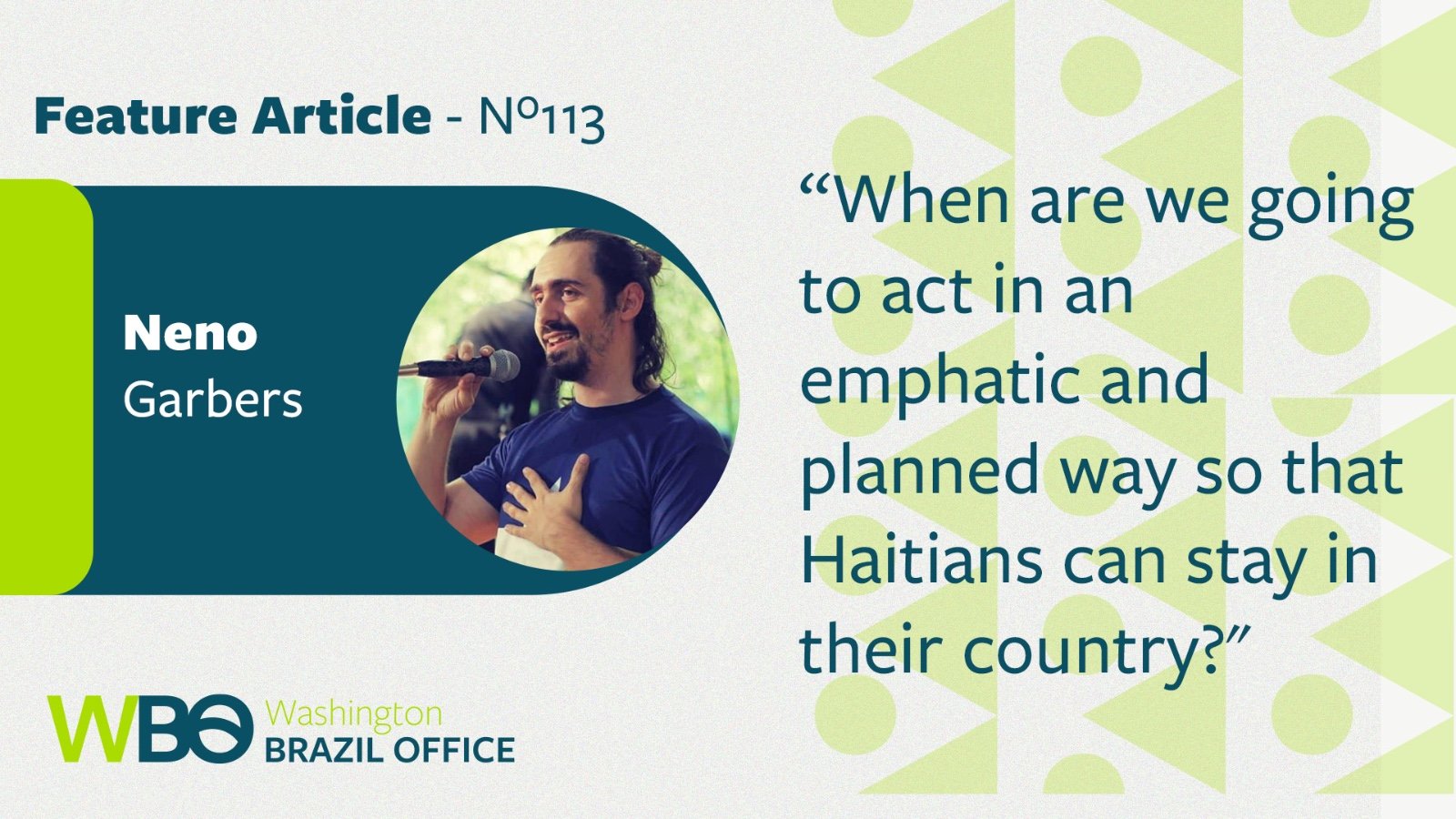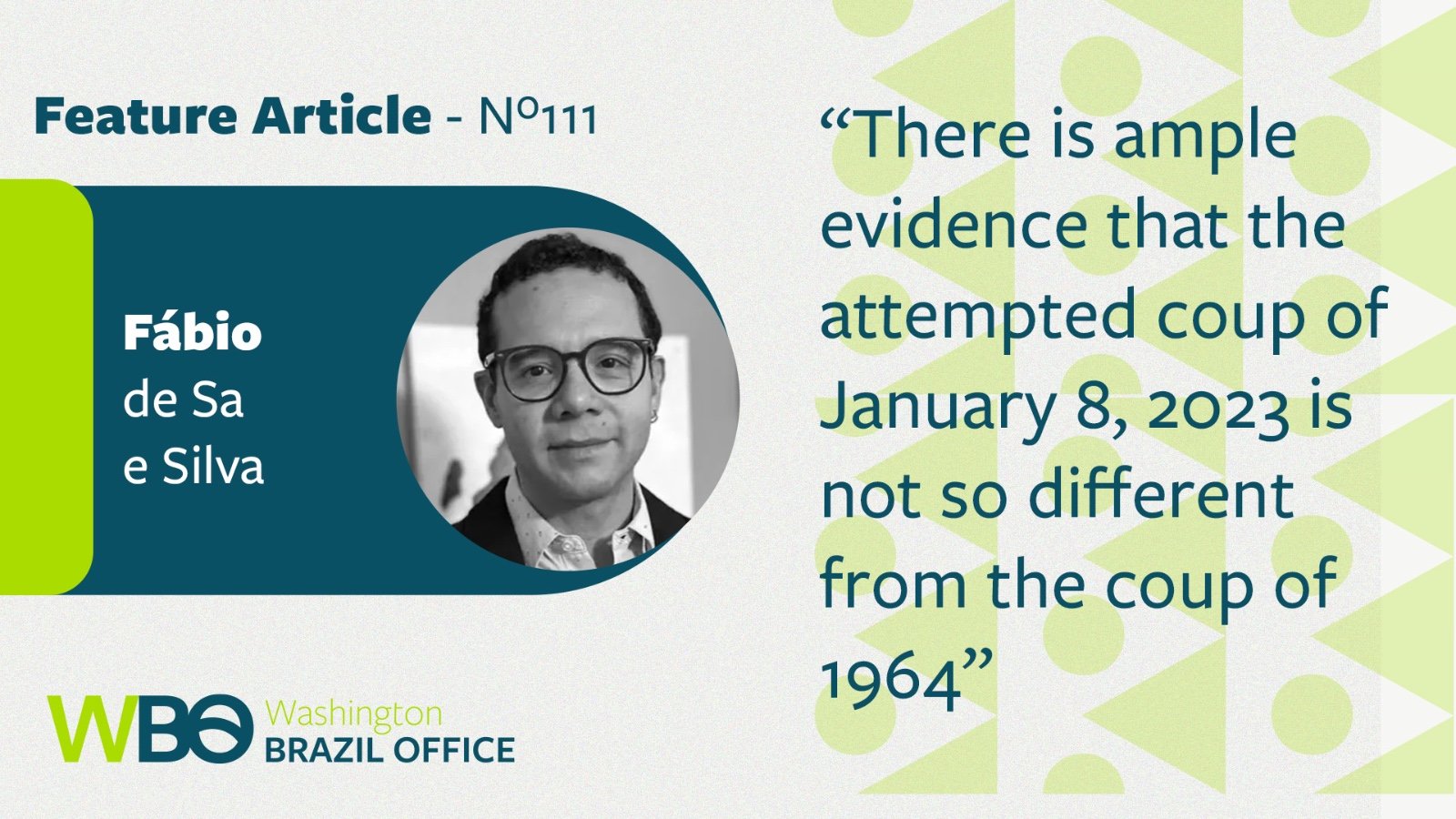Publications
Featured ARTICLESLatin American and Caribbean Black Women's Day: Who are We Talking About?
In 1992, Black Latin American and Caribbean women gathered in the city of Santo Domingo, in the Dominican Republic at the First Meeting of Black Latin American and Caribbean Women to give visibility to racism, violence, and sexism that do not respect geographical limits and plague brutally the lives of Black women around the world. This meeting made history and, already in 1992, the United Nations recognized July 25th as the International Day of Latin American and Caribbean Black Women. The tribute at that time was paid to quilombola Tereza de Benguela, who led Quilombo do Quariterê, in the current state of Mato Grosso, with mastery, a sense of justice and strategy, shortly after the death of her husband. Still feeling the absence of love, she did not allow pain to overcome her, and her inclusive leadership is recognized throughout history.
Evangelicals and Elections in a Less Catholic Country
Religious diversification in Brazil has been occurring accompanied by continued evangelical growth. In the last forty years the percentage of evangelicals has increased fivefold and currently reaches 31 percent of the population over 16 years of age. At the same time, the number of Catholics has dropped significantly, and the number of "no religion" and other religions has also been growing. Adherence to the evangelical universe has grown in all social strata but is predominant at the base of the social pyramid in urban and peripheral areas. We are talking about a population that is mostly low-income, Black and female. An evangelical belt has been forming in the outskirts of Brazilian cities over the last forty years. And in this growing religious transition in Brazil, evangelicals not only stand out because of their numerical presence, but also for their religious activism. Surveys from Pew Research indicate that 60 percent of evangelicals attend church and pray daily, compared to just 23 percent of Catholics. Evangelicals also share their faith more outside of their church.
Who is Interested in Keeping Research into Online Crimes Silent?
NetLab UFRJ (Federal University of Rio de Janeiro) is a national reference in the study of disinformation that circulates on the internet and social networks. Having carried out research on the state of digital information in Brazil for thirteen years, the Laboratory seeks to actively participate in the public debate, whether in academic fora, civil society initiatives, official activities, or with its frequent participation in Brazilian and international news.
How Land Speculation Drives Environmental and Human Rights Violations in Brazil’s Cerrado
With global temperatures breaking records year after year and wildfires, floods and extreme weather events ravaging countries across the world, there is little question that the climate emergency is the greatest threat facing the world today. The burning of fossil fuels is the leading cause of climate emissions, rightly placing the question of a global energy transition at center stage of environmental decision-making. But it is also critical to act on the second leading cause of climate change – deforestation.
The Expansion of the New Extreme Right
In mid-June 2024, all major global press outlets reported the fact that the extreme right – or ultra-right, in the definition of some authors – made significant advances in the European elections. As a result of this progress, of the 720 vacancies available in the European Parliament, approximately 130 were allocated to politicians linked to this political field in the various organizations where they are organized.
Abortion Legislation in Brazil and the Impact of the Bill on the Lives of Black Girls and Women
Bill 1904/24 is another in a long list of violence perpetrated and tolerated by the Brazilian State against women and girls. It took just 24 seconds for the Chamber of Deputies to approve, as a matter of urgency, the processing of the project that aims to equate abortion performed after 22 weeks of pregnancy to the crime of simple homicide, even when the pregnancy is the result of rape, which in Brazil occurs every 8 minutes.
Lies about Freedom of Expression
In this article, written for WBO, Eugênio Bucci talks about the destabilizing action of the extreme right in the information field in Brazil.
CEDAW and Women’s Rights: So Far, So Close
In this article, Denise Dora talks about Brazil's experience at Cedaw
Medicine as a Tool for the Protection of Human Rights
Read the exclusive article by the UN Special Rapporteur on the Right to Health, Tlaleng Mofokeng (MBChB), for issue 119 of the WBO newsletter.
200 Years of U.S.-Brazil Partnership
In this article, the US ambassador in Brasília, Elizabeth Frawley Bagley, talks about 200 Brazil-US relations
Brazil and the United States:Two Hundred Years of a Vigorous, Dynamic, and Multifaceted Partnership
Neste artigo, embaixadora do Brasil em Washington, Maria Luiza Ribeiro Viotti, fala dos 200 de relações Brasil-EUA
Far Beyond the FTAA: The Possibility of Enhanced Cooperation between Brazil and the United States
In this article, Kellie Meiman Hock talks about the challenges and possibilities of economic interactions between Brazil and the USA in the last three decades
From Fragmentation to Cooperation: The Strategic Importance of the World Bank Group’s IDA
In this article, Marcos Vinicius Chiliatto from the World Bank talks about the importance of the International Development Association (IDA) in combating poverty
Relations between Brazil and the USA: From Pragmatic Alliances to Programmatic Alignments.
In this article, Pedro Abramovay analyzes the pragmatic and programmatic parallels between the presidents of Brazil and the United States in recent years.
U.S.-Brazilian Relations: A Complicated Affair
In this article, professor James N. Green analyzes 200 years of Brazil-USA diplomatic relations.
Haiti: 20 Years and the Same Mistakes. What is Brazil's Role?
In this article, Neno Garbers, a Brazilian who has lived in Haiti since 2012, analyzes the political crisis in the Caribbean country and questions the paths suggested by the international community
Artistic Freedom Protects Everyone's Freedom
In this article, Guilherme Cezar Coelho talks about the importance of adopting legal parameters to protect artistic freedom in the Americas
By prohibiting the remembrance of the 1964 coup, Lula relies on a false historical disjunction
In this article, Fabio de Sa e Silva talks about the 60th anniversary of the 1964 military coup in Brazil
60 Years of the 1964 Civil-Military Coup: Will We Have Another Lost Opportunity?
In this article, Rafael R. Ioris talks about the 60th anniversary of the military coup of March 31, 1964 in Brazil
Two International Condemnations of Brazil
In this article, Jefferson Nascimento analyzes two recent sentences from the International Court of Human Rights against the Brazilian State

